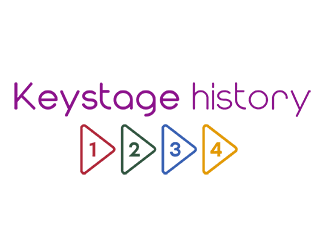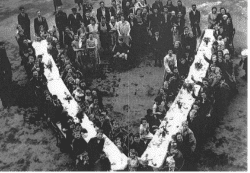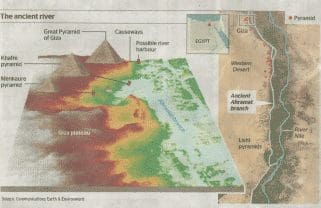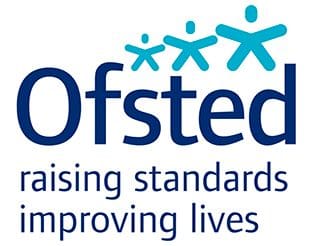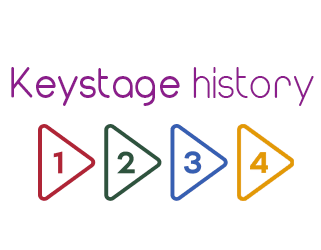
We all know students who have answered the question that hoped would appear on the question, regardless of the actual wording of the one set. I think I have a partial solution. I have been experimenting for years with a device called flipping the question. For the first half of the lesson students are given factor cards and a zone of relevance template with today’s GCSE exam question card placed in the centre. So far so familiar. All students have to do is to work out the relative relevance of the given factors by placing the cards on a zone of significance template which has 3 zones ranging from ‘irrelevant’ through to ‘quite important’, through ‘important’ and ‘very important’ to ‘crucial’ in the centre. This is also fairly familiar to most of you.
Now comes the clever part. Having analysed and discussed students’ response to the first question, when all are feeling pleased with themselves, you suddenly announce that sorry the examiner has changed his mind and the question for 2017 will now be different. They are now given a new card with a different question on. Can the students now re-use any of the existing information so that what was irrelevant before now become very important in answering the new question.
I am now working up a greater example on Crime and Punishment. Students start by being asked the fairly straightforward questions ‘Why were public executions abolished in 1868?’ before being asked the more puzzling ‘Why was it not until 1868 that public executions were finally abolished?’.
If members would like draft copies of the resources that support this lesson, please get in touch through the Contact Us button on the site. If you don’t teach Crime and Punishment and would like to see an example for medicine, go to the Medicine section of the KS4 outstanding lessons where you will see a compelling example on the Public Health Act of 1875.

